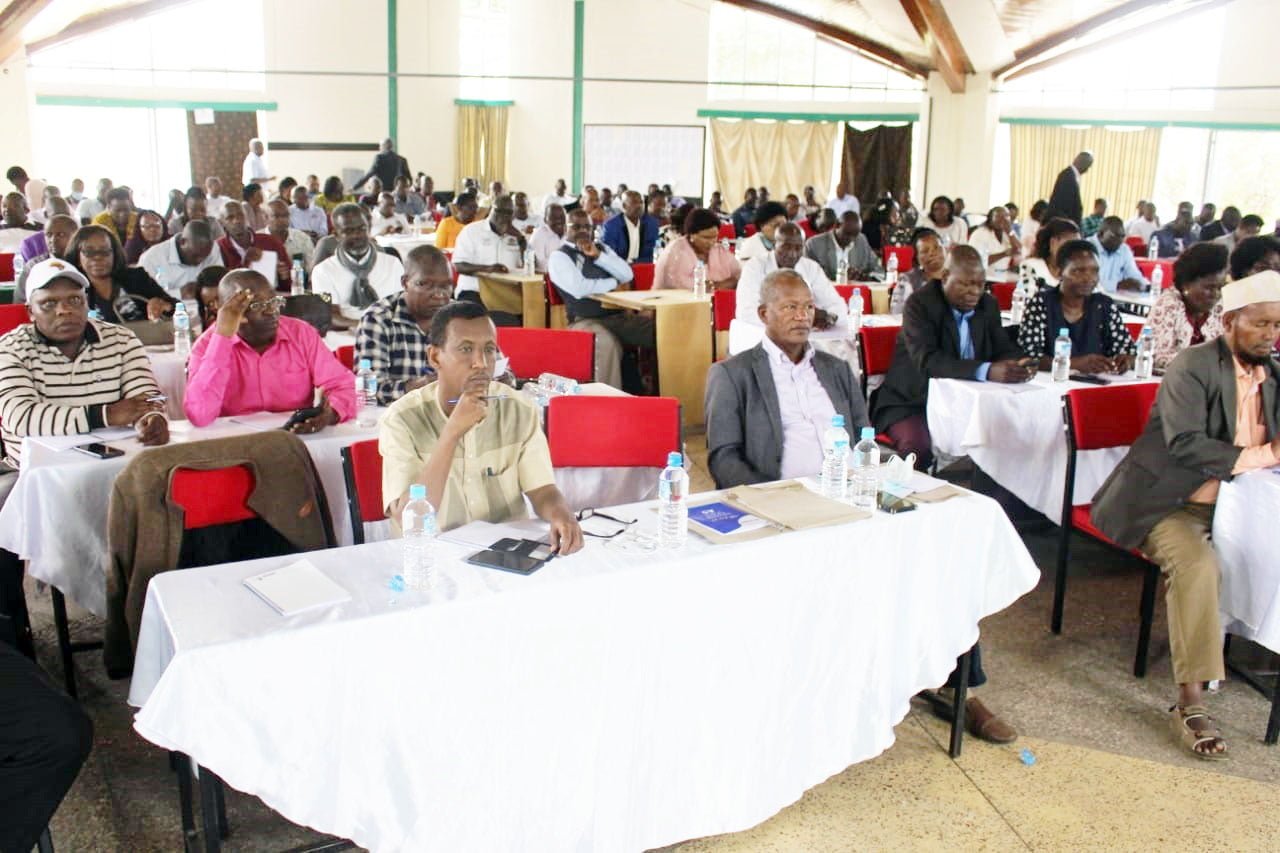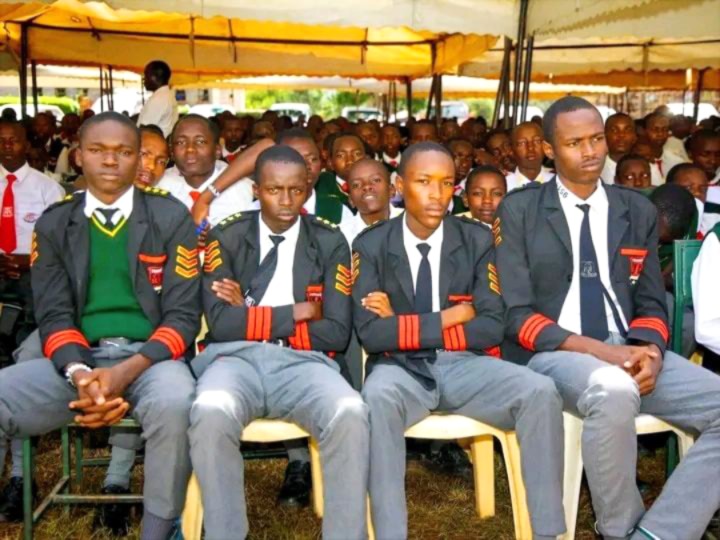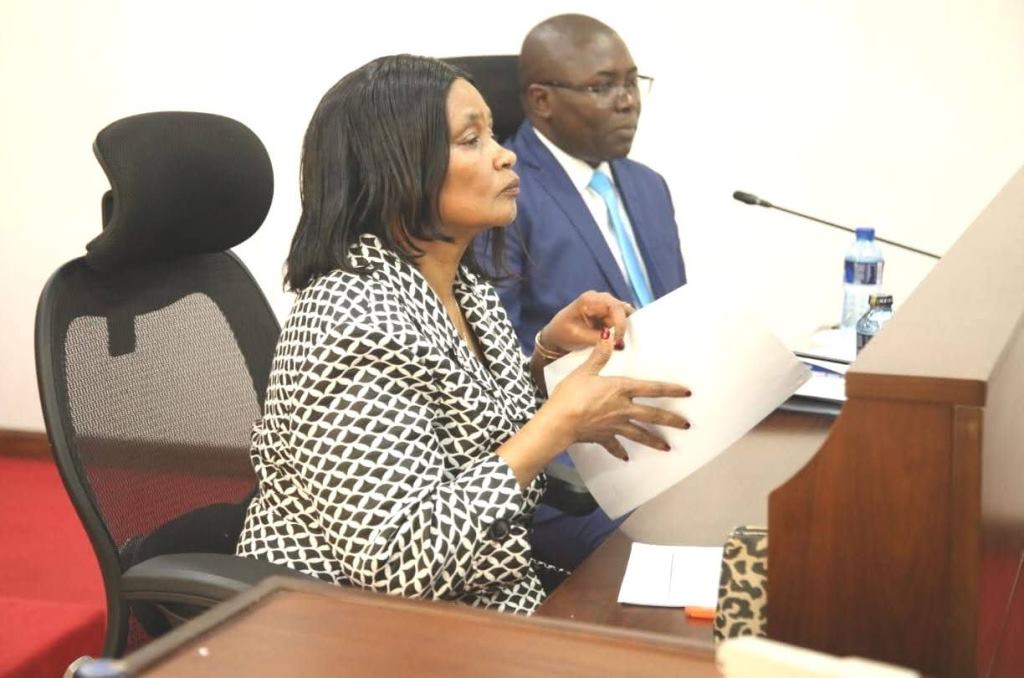By Peter Otuoro
More than 8,000 students have received full scholarship to pursue secondary school education, thanks to the Kenya Secondary School Education Improvement Projects (SEQIP).
Beneficiaries are students from Form One to Form Four in the project initiated in 2017 and ends in 2023.
The Ministry of Education project is being rolled out in 7,852 primary schools and 2,147 secondary schools, targeting 110 sub-counties in 30 counties.
It targets students from Arid and Semi -Arid areas where education standards are relatively low compared to other counties in the country.
SEQIP National Coordinator Jane Mbugua said the project is meant to enable learners in the target areas access education at primary and secondary levels and join various higher education institutions.
Mbugua said this while speaking during capacity building workshop held at ARC Hall, Egerton University and attended by over 300 Teachers Service Commission (TSC) sub-county directors.
She noted that the students were also provided with learning materials, basic needs and pocket money to facilitate their learning in secondary schools.
“The aim of SEQIP is to give Kenyan learners in arid and semi- arid areas an opportunity to get education and succeed in their academic pursuits”, she said.
Mbugua said SEQIP project is also tasked to improve students learning in Science, Mathematics and English in secondary and primary schools.
In primary schools the programme targets improvement of Science, Mathematics and English subjects, especially in class seven and eight.
In secondary schools, it targets improvement of Biology, Physics, Chemistry, Mathematics and English subjects.
She stated that 4,329,057 text books were distributed to 600,000 students in 2,147 secondary schools in the targeted areas.
“We distributed the text books for Chemistry, Biology, Physics, Mathematics and English for Form One to Form Four in secondary schools to improve performance of those subjects in examinations,” said Mbugua.
Over 600,000 learners in primary schools received 2,254,782 exercise books for English, Science and Mathematics in class seven and eight.
The text books which were distributed through Ministry of Education and Kenya Institute of Curriculum Development were meant to improve student, book ratio to 1:1 and also enhance performance in Science, English and Mathematics and also to smoothen learners’ transition from primary school to secondary school.
Before the initiation of the SEQIP Programme, Mbugua regretted that many learners dropped out of school and majority of them were unable to join secondary schools.
“We also aim at improving the transition from primary to secondary schools in the 110 sub-counties whose education standards were so low, high school dropout was witnessed, and there was low transition from primary to secondary schools.
Besides, the targeted areas also performed poorly in Sciences, Mathematics and English which are key subjects in our basic education”, she explained.
Mbugua also indicated that 2,145 learners in special need education institutions received learning devices.
“We have distributed 774 devices to hearing impaired learners, 1,000 devices to Visually impaired learners and 371 devices to physically disabled learners ,” said Mbugua.
The SEQIP Project have distributed 10,771 brail textbooks and also printed and distributed 4,2547 text books in special schools in the country through the effort of Ministry of Education and Kenya Institute of Curriculum Development.
Over 17,000 teachers have been employed in primary schools and 8,500 employed in secondary schools in the targeted areas through the programme to address teacher shortage in the targeted areas.
This was aimed at improving quality of teaching and enhance teaching professional development through the TSC and CEMASTEA,” she said.
Before the programme, there was shortage of teachers in the affected areas that saw learners underperform especially in Science, Mathematics and English in Primary school.
Physics, Biology, Chemistry, Mathematics and English were poorly performed in Secondary schools.
Besides, 7,891 teachers from 7,852 primary and secondary schools have been trained as gender champions to advocate for social support and gender sensitization programmes.
The project also aimed at enabling girls who face a number of barriers such as early pregnancy and early marriages leading to school drop-outs access education.
Child labour and drug abuse are among challenges facing the boy child in these regions.
In an effort to help retain girls in schools, she said, 1,478,135 sanitary towels were distributed to girls in the second and third year of the implementation of the project.






